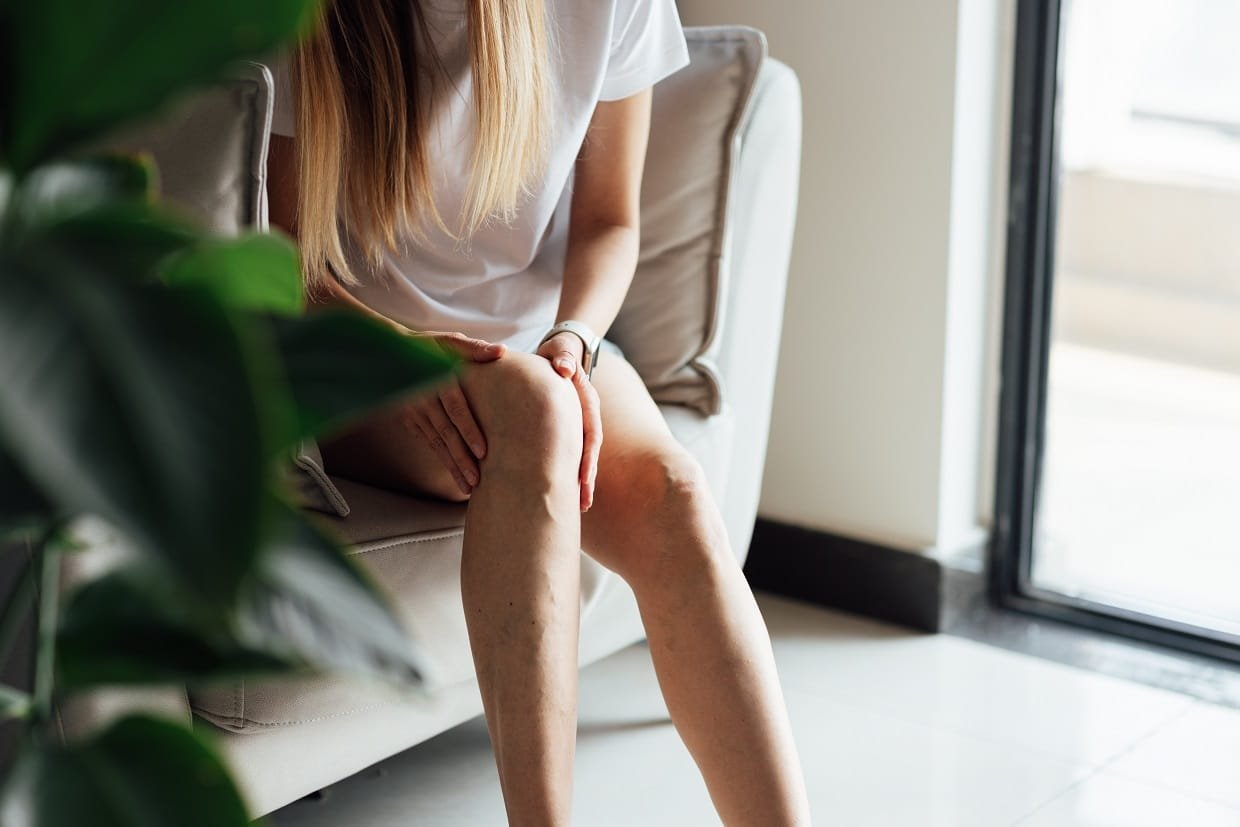Varicose veins are a common condition that can affect anyone, but there are some risk factors that make you more likely to develop them. Knowing what these risk factors are can help you take steps to prevention and early treatment. Some of the most common risk factors for varicose veins include age, obesity, pregnancy, history of blood clots, and family history. If you have any of these risk factors, it is important to be aware of the signs and symptoms of varicose veins and see a doctor if you suspect you have them. Early diagnosis and treatment is key to preventing further damage and complications.
Varicose veins are most often the result of weak or damaged valves in the veins. The valves normally keep blood flowing in one direction, but if they are damaged, blood can start to flow backward and pool in the vein. This pooled blood can cause the vein to become enlarged and twisted. In some cases, varicose veins may also be the result of inflammation or injury. Obesity, pregnancy, and a sedentary lifestyle can also contribute to the formation of varicose veins. Treatment options for varicose veins include exercise, elevating your legs, and compression stockings. In severe cases, surgery may be necessary to remove the affected vein. Make an appointment at your Dublin vein clinic before your varicose veins worsen.

Gender
There are a number of factors that contribute to the development of varicose veins, and one of these is gender. Women are more likely than men to develop this condition, and the contributing factor is thought to be female hormones. This is because these hormones can cause the walls of the blood vessels to relax, which in turn can lead to the formation of varicose veins. In addition, pregnancy can also increase the risk of developing varicose veins, as the added weight of the baby can put additional strain on the blood vessels.
Birth control pills
One of the most common risk factors is taking medications that contain female hormones. Birth control pills and hormone replacement therapy are two examples of such medications. These medications can cause an increase in the level of hormones in the blood, which can eventually lead to the development of varicose veins. If you are taking any medications that contain female hormones, be sure to speak with your doctor about the risks involved.
Weight
Being overweight or obese is a risk factor for developing varicose veins. Increased body weight can compress the veins, which increases the pressure and strains the walls and valves. This can cause the valves to leak and allow blood to pool in the veins, leading to varicose veins.
In addition, obesity is associated with a number of other health conditions that can contribute to the development of varicose veins, including diabetes, hypertension, and venous insufficiency. As a result, maintaining a healthy weight is essential for preventing varicose veins. If you are overweight or obese, speak to your doctor about lifestyle changes that can help you lose weight and reduce your risk of developing varicose veins.
Sedentary jobs
While a desk job may have its perks, such as being able to sit down all day, there are some negatives associated with it as well. One such negative is the increased pressure in the legs that can result from sitting or standing all day. This pressure can cause the formation of varicose veins, which are enlarged, twisted veins that are visible under the skin. Varicose veins can be painful and can lead to other health problems, such as blood clots. Therefore, it is important for those who have desk jobs to take breaks throughout the day to move around and stretch their legs. Additionally, they should wear comfortable shoes and avoid crossing their legs while sitting. Taking these precautions can help to prevent the formation of varicose veins.

